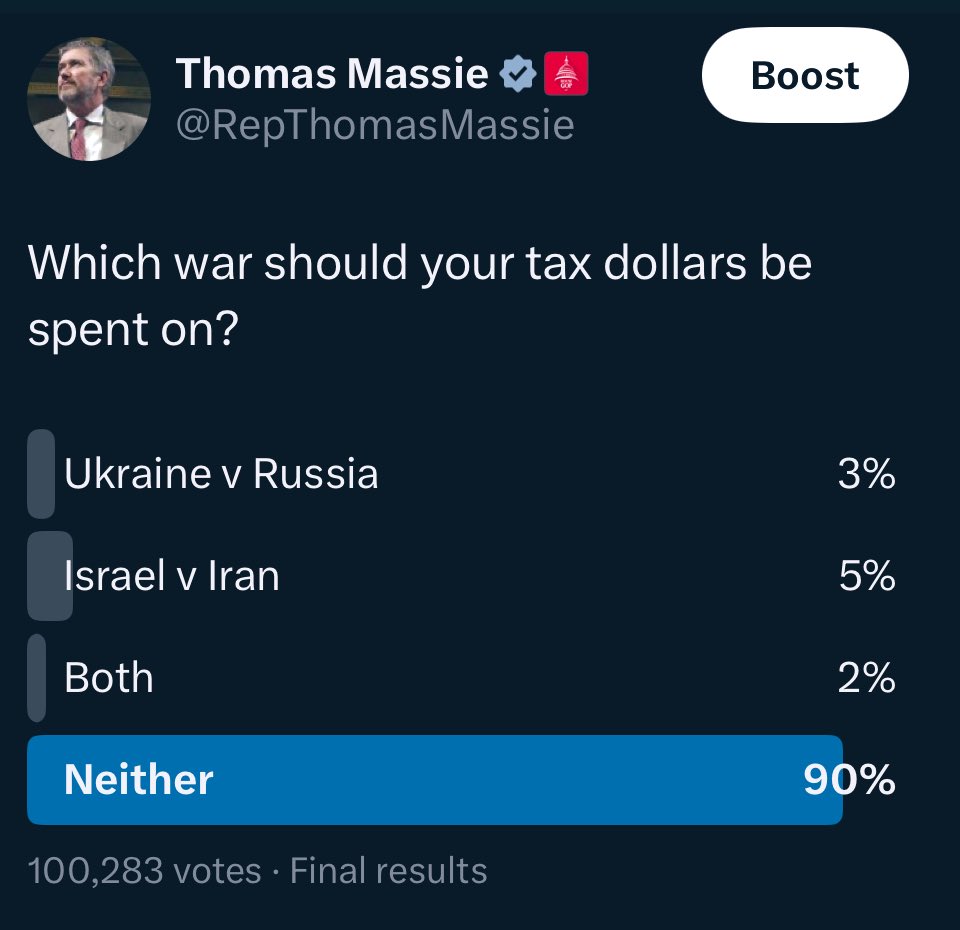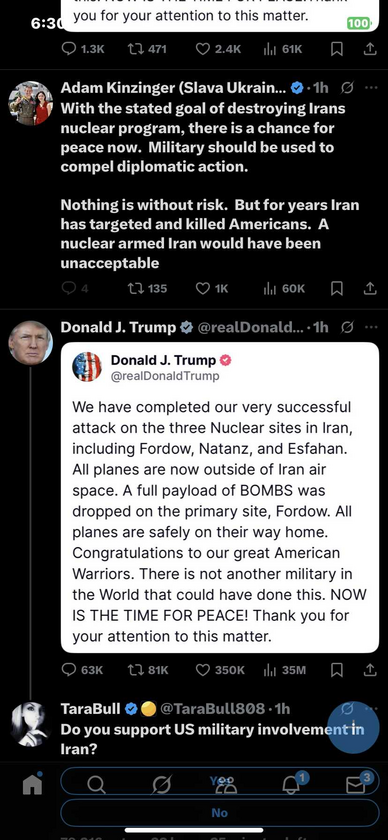Scott Bessent is a prominent American investor and government official, currently serving as the 79th United States Secretary of the Treasury under President Donald Trump since January 28, 2025. His career spans decades in high finance, including a long association with George Soros, and he has recently emerged as a central figure in shaping U.S. economic policy. 
⸻
Early Life and Education
Born on August 21, 1962, in Conway, South Carolina, Bessent grew up in the small fishing village of Little River. His father, Homer Gaston Bessent Jr., was a real estate agent who experienced financial ups and downs, which influenced Scott’s early understanding of economic instability. Bessent graduated from North Myrtle Beach High School in 1980 and earned a Bachelor of Arts in political science from Yale University in 1984. At Yale, he was active in campus life, serving as an editor for The Yale Daily News, president of the Wolf’s Head Society, and treasurer for the class of 1984.    
⸻
Career in Finance
Initially aspiring to a career in journalism, Bessent shifted to finance after interning with investor Jim Rogers. He worked at Brown Brothers Harriman and Kynikos Associates before joining Soros Fund Management (SFM) in 1991. At SFM, he became head of the London office and was instrumental in the firm’s $1 billion profit during the 1992 Black Wednesday crisis by betting against the British pound.   
After leaving SFM in 2000, Bessent founded Bessent Capital, which he closed in 2005. He then served as a senior investment advisor at Protégé Partners and returned to SFM as Chief Investment Officer from 2011 to 2015. During this tenure, he led a successful bet against the Japanese yen in 2013, yielding over $1.2 billion in profits.   
In 2015, Bessent launched Key Square Group, a hedge fund that received a $2 billion anchor investment from George Soros. The fund experienced mixed performance, with assets under management declining from $5.1 billion in 2017 to $577 million by 2023. Despite this, it achieved notable gains in 2021 and 2022. 
⸻
Relationship with George Soros
Bessent’s professional relationship with George Soros began in the early 1980s and spanned over two decades. He held significant roles at Soros Fund Management, including Chief Investment Officer. While their collaboration was financially successful, reports suggest that Bessent and Soros had occasional disagreements, leading to Bessent’s departure in 2000. 
⸻
Political Involvement and Treasury Appointment
Though previously a donor to Democratic candidates, including Al Gore and Hillary Clinton, Bessent became a major supporter and economic advisor to Donald Trump’s 2024 presidential campaign. He hosted fundraisers and contributed over $1 million to the campaign.  
Following Trump’s re-election, Bessent was nominated and confirmed as Secretary of the Treasury in January 2025. In this role, he has advocated for tax reform, deregulation, and tariffs, aligning with Trump’s economic agenda.  
⸻
Personal Life
Bessent is openly gay and married former New York City prosecutor John Freeman in 2011. The couple has two children born through surrogacy. They have been involved in restoring historic properties, including a notable mansion in Charleston, South Carolina
The Wolf’s Head Society is one of Yale University’s most storied and exclusive senior secret societies, standing alongside Skull and Bones and Scroll and Key as part of the university’s “Big Three.” Founded in 1883, Wolf’s Head was established by members of the Class of 1884 who sought to create a society that diverged from the traditions of the existing societies, emphasizing a different set of values and practices . 
⸻
Origins and Philosophy
Wolf’s Head was conceived as an alternative to the dominant secret societies of the time. The founders aimed to eliminate what they perceived as the “evil features” of the older societies, striving for a more inclusive and less hierarchical organization . Initially known among undergraduates as the “Fox and Grapes,” the society adopted the name “Wolf’s Head” in 1888, symbolized by a badge featuring a wolf’s head atop an inverted ankh, representing life and unity . 
⸻
Membership and Traditions
Each year, Wolf’s Head selects sixteen rising seniors, typically during their junior year, to join its ranks. The selection process, known as “Tap Day,” is a significant event in Yale’s campus life. While the society maintains a veil of secrecy around its internal rituals and activities, it is known to emphasize personal development, leadership, and camaraderie among its members .  
In 1992, Wolf’s Head began admitting women, reflecting broader changes in university culture and a move toward greater inclusivity within its membership .
⸻
Influence and Notable Members
Over the years, Wolf’s Head has counted among its members individuals who have gone on to prominent careers in various fields, including law, business, academia, and the arts. Notable alumni include composer Charles Ives, Supreme Court Justice David J. Brewer, and philanthropist Edward Harkness . 
The society’s influence extends beyond its members’ individual achievements; it has played a role in shaping aspects of Yale’s institutional development and has been involved in various philanthropic endeavors .
⸻
Architecture and Symbolism
Wolf’s Head’s meeting place, referred to as the “tomb,” is located at 214 York Street in New Haven. Designed in the early 20th century, the building is characterized by its English manor-style architecture, complete with high stone walls and a secluded courtyard, embodying the society’s emphasis on privacy and tradition . 
The society’s emblem—a wolf’s head atop an inverted ankh—serves as a symbol of life and unity, distinguishing it from the more macabre symbols associated with other secret societies . 
⸻
While much about Wolf’s Head remains shrouded in secrecy, its enduring presence at Yale University underscores its significance in the fabric of campus life and its role in fostering leadership and community among its members.
Something is off obviously
The conflict between Elon Musk and Treasury Secretary Scott Bessent escalated into a significant altercation within the White House, contributing to Musk’s departure from his advisory role in the Trump administration.
Background of the Dispute
Elon Musk served as a senior advisor and head of the Department of Government Efficiency (DOGE), aiming to implement substantial federal spending cuts. Tensions arose when Musk failed to deliver the promised $1 trillion in savings, achieving only around $100 billion. This shortfall led to criticism from Scott Bessent, who confronted Musk over the unmet targets. The disagreement intensified over the appointment of the acting IRS commissioner, with Musk supporting Gary Shapley and Bessent favoring Michael Faulkender. President Trump initially appointed Shapley but later replaced him with Faulkender following Bessent’s lobbying.   
The Altercation
Reports indicate that the confrontation between Musk and Bessent escalated into a physical altercation within the West Wing. Witnesses described a heated exchange that began in the Oval Office and continued through adjacent offices. Steve Bannon, former White House strategist, claimed that Musk physically shoved Bessent during the dispute. The incident was reportedly loud and intense, drawing attention from other officials.   
Aftermath and Musk’s Departure
Following the altercation, Musk’s influence within the administration waned. President Trump sided with Bessent in the dispute. Musk’s tenure as a special government employee concluded on May 30, 2025, after 130 days, coinciding with the fallout from the incident. He publicly criticized the administration’s “Big Beautiful Bill,” citing concerns over increased deficits and the removal of electric vehicle subsidies, which affected Tesla.  
Public Speculation
Musk appeared at a press conference with a visible black eye, which he attributed to playful roughhousing with his son. However, the timing led to speculation that the injury resulted from the altercation with Bessent. 
The incident underscores the challenges Musk faced in translating his business strategies to the political arena and highlights the volatile dynamics within the Trump administration.
it’s almost amazing how people run from me how people turn from me and on me a few people have seen me for a little bit like on here some of you specifically Mark he gave me money couple times others of you too. I don’t want money but like I have the best nonprofit that I need help with and it’s a pretty great investment I think.
I’m posting this for my dad. For a while this place felt like a safe haven for him, but his brain injury also made it overwhelming. He’s always worn shirts – MAGA, “I Support Elon,” “I Identify as Vaccinated” – anything just to start conversations. That’s really what he wants, to talk to people and feel like he can help.
He feels the pain of people like him: brain injury survivors, disabled, homeless, mentally ill, addicted. Most of the time it’s just been him in a trailer or hotel room. When he called people and used awful words, it wasn’t to hurt them—it was trying to get them to see the pain their actions cause to the most vulnerable, not just him. He just wanted them to stop.
He’s never threatened anyone. But they’ve moved his case from OC to LA to SF, digging through his phone, and now his health is collapsing. We’re scared. We’re trying to get his Hope After Stroke dream going, but right now he needs a safe place to live and legal help from someone who ...














